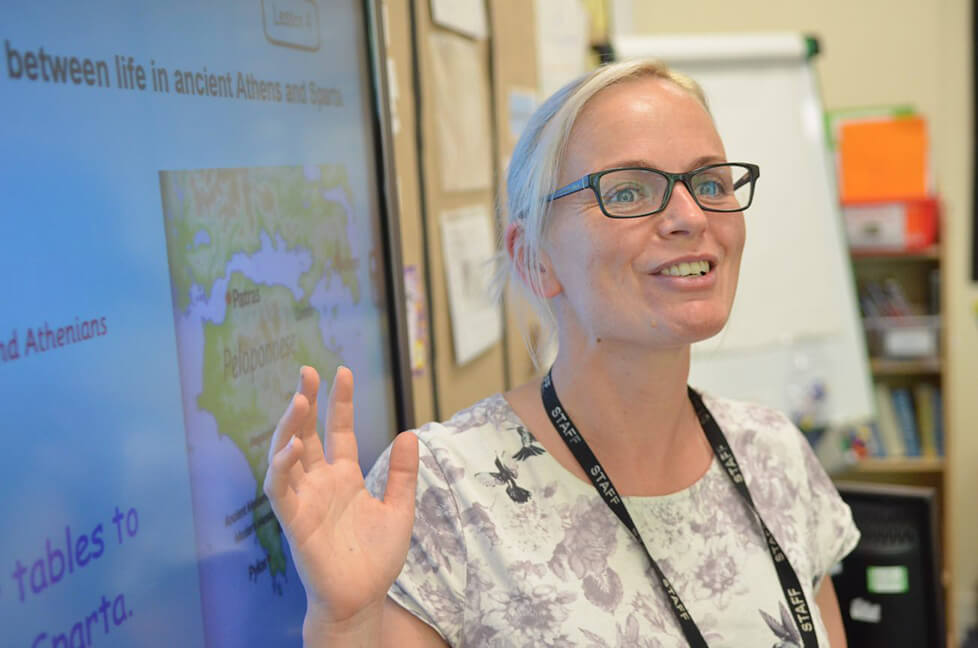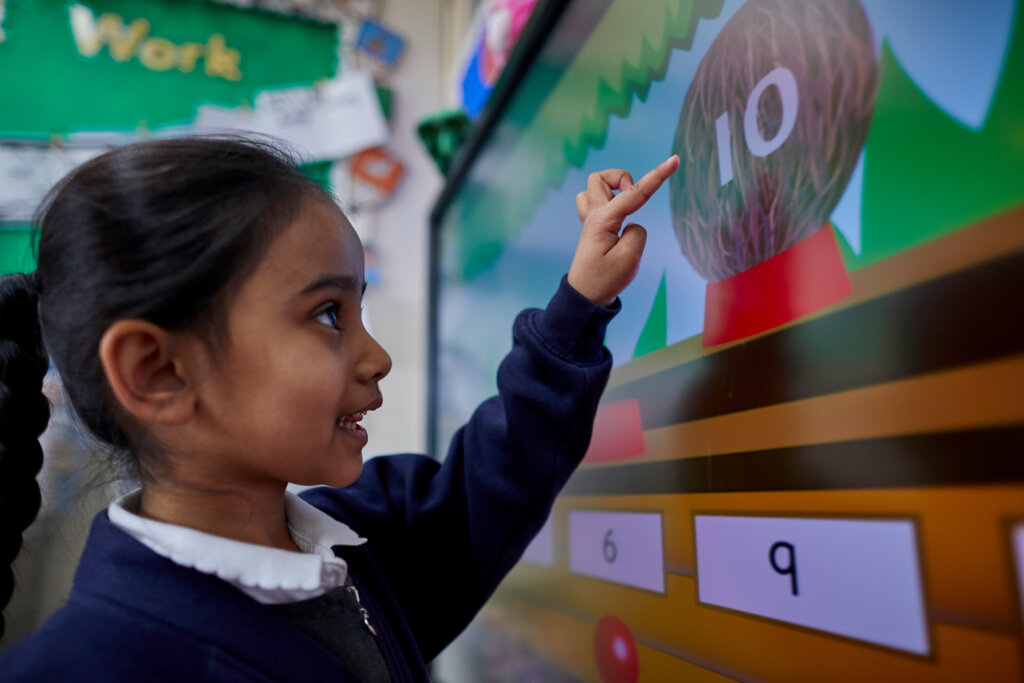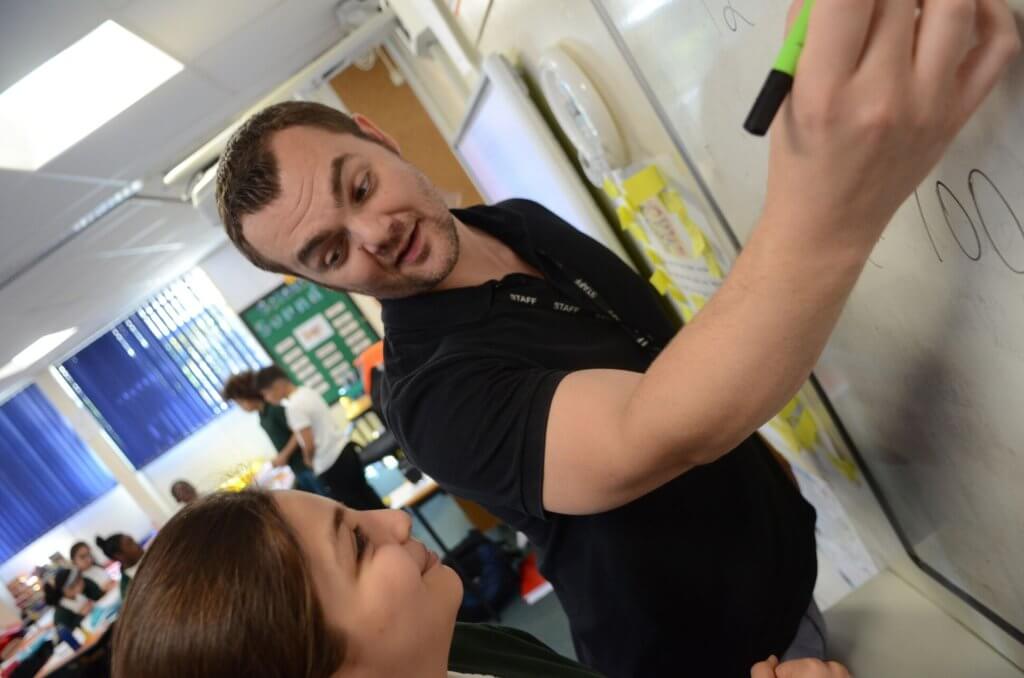Clauses Scrapped in New Schools Bill
Several measures in the new Schools Bill have been scrapped after facing backlash in the House of Lords. Ex-ministers and multi-academy trust (MAT) leaders expressed concerns for the fundamental freedoms of academies, describing the Schools Bill as a ‘real grab for power.’ Giving the government the ability to veto on academy trustees, terminate funding agreements, and control the length of the school day, Lord Baker commented that the Schools Bill would ‘increase the powers of the Secretary of State and the Department for Education in a way unprecedented since 1870.’
In response to criticisms, academies minister Baroness Barran has confirmed that the government will remove Clauses One to Four and Schedule One from the bill, which would have given the Secretary of State new powers to set academy standards and guidance. Baroness Barran also addressed concerns about Clauses Five – Eighteen and Schedule Two, which relate to termination and intervention powers, adding that the government would also support amendments to remove these measures.
The Department for Education (DfE) has said that it understands concerns from leaders across the sector, however it remains committed to ‘putting clear academy trust standards on a legal footing and allowing for the government to intervene directly in the rare cases of academy trust failure.’ Ministers plan to propose revised clauses to ensure academies are held to account, which will sustain parents’ confidence and support pupils to achieve their full potential.
Children Eligible for EYPP Hits Highest Numbers on Record
This year, the numbers of 3 to 4 year olds receiving Early Years Pupil Premium (EYPP) reached the highest level on record, rising by eight percent since last year, and fifteen percent since 2020. EYPP is additional funding allocated to early years settings to improve the education of disadvantaged children, totalling at £302 per year for each child. Children are eligible if their families receive universal credit or any other benefits, or if they are looked after, or previously looked after children.
Government data shows that 116,500 pupils qualified for EYPP this year. Neil Leitch, CEO of the Early Years Alliance (EYA), found the sharp increase in numbers ‘very concerning.’ In light of this, he argues that high quality early years provision is critical to the development and future success of disadvantaged children, so there is no justification that ‘the EYPP is still only a fraction of the £1,385 pupil premium that primary schools currently receive.’
From the beginning of the 2022-23 academic year, the total premium will rise from £302 to £342 per year. However, the EYA urges ministers to ‘increase the EYPP funding to at least match primary school funding levels, and in the long-term, commit to the wider sector investment.’
Changing Lives Through Music in Schools
The Department for Education has published a new national plan for music education, titled The Power of Music to Change Lives, developed with ‘the clear ambition to level up musical opportunities for all children.’ To support pupils’ engagement and musical achievement, schools are encouraged to deliver ‘high quality curriculum music for at least one hour a week,’ supported by co-curricular learning and musical experiences. With £25 million in funding, schools will be able to buy up to 200,000 musical instruments and equipment, giving children equitable access to music education.
A further £79 million will be made available every year until 2025 to support the Music Hubs, which will play a crucial role in maximising musical opportunities for young people. In partnership with Music Hubs, schools are asked to put Music Development Plans in place, setting out high quality music provision and pathways for pupil progress, including school choirs, ensembles, instrument tuition and the opportunity to enjoy live performances at least once a year.
Furthermore, the government wants music to be ‘represented in every school’s leadership structure, with a designated music lead or head of department,’ responsible for music provision and developing the musical culture of the school. Recognising the value of specialist expertise, the DfE also plans to appoint four Music Hubs to become national centres of excellence, providing expert knowledge and support in the following areas: inclusion, CPD, music technology, and pathways to industry.
Inclusion lies at the heart of the government’s plans and all Music Hubs are asked to develop an inclusion strategy, facilitated by a designated inclusion lead. Additionally, Music Hubs are asked to partner with a number of Lead Schools with high quality music provision to collaborate on the design and delivery of continued professional development and peer-to-peer support for other schools.
With new challenges and opportunities on the horizon, One Education is eager to help schools stay prepared and take on the future with confidence. Whether you are looking to grow your academy, improve your Early Years provision, or find new progression routes for pupils in music, One Education is more than happy to help – please don’t hesitate to get in touch.















